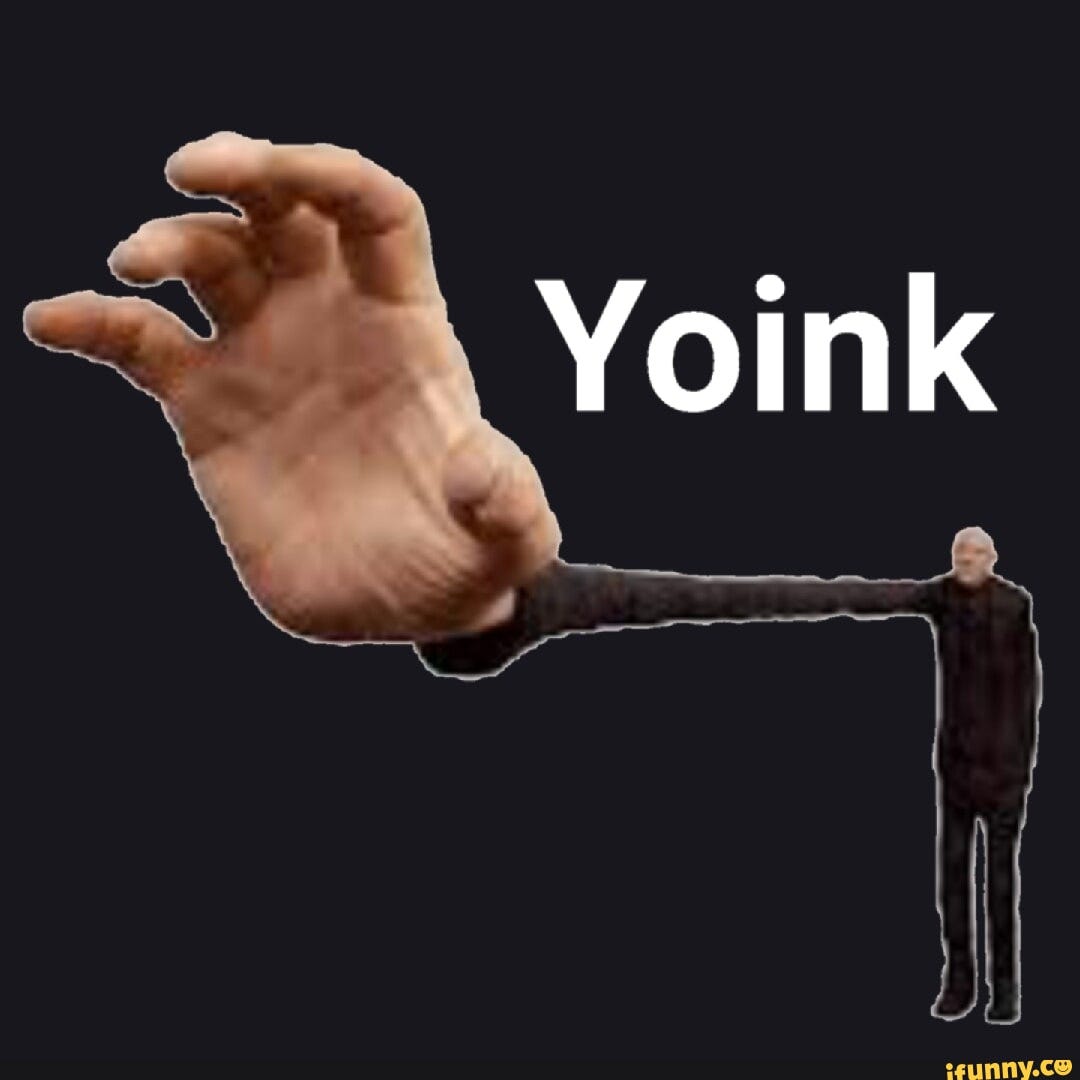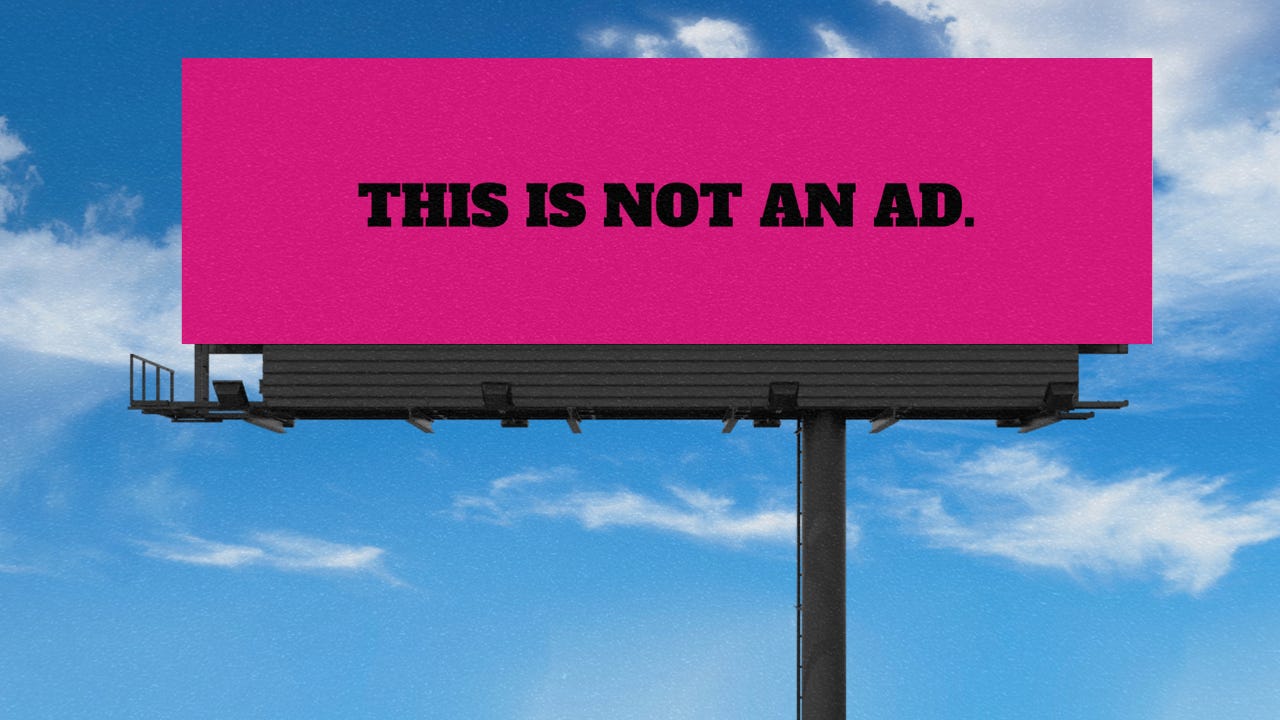How to get Discovered (when you're broke but brilliant)
Let’s say you’ve made a game. A weird little gem. Maybe it’s about an Illuminati management sim with a fishing mini-game. Or a bullet-hell romance sim. Or a turn-based RPG where every enemy is your childhood trauma wearing a clown nose.
It’s personal. It’s polished. It has seventeen wishlists and two YouTube comments from bots (or maybe the commentator really does want to sell you cheap iPads)
Welcome to the modern discovery crisis.
We’ve got more games than ever, more platforms than ever, and somehow less discoverability than a 2006 Flash game hosted on GeoCities. Your odds of being found on Steam without help? Slightly better than whispering into a hurricane and hoping it echoes into someone’s inbox.
But if you're broke, brilliant, and just a little bit unhinged, here are your best bets to get seen without spending a cent.
1. Play the Steam Tags Like They’re SEO (Because They Are)
Steam (only) doesn’t care how good your game is. It cares how taggable it is.
Start here:
Find 10 successful games in your genre
Steal their top 3–5 tags like the scrappy genius you are
Add emotional/vibe tags (“Cozy,” “Psychological,” “Lovecraftian,” “Unsettling but oddly romantic”)
Pro tip: Ask your players to upvote your tags. Yes, this works. Steam quietly adjusts your visibility on genre pages and “More Like This” sections based on tag engagement. It’s dumb. It’s real. Use it.
2. Get a Steam Creator Page (Almost No One Does)
It’s baffling how few indies bother with this. A Creator Page lets you:
Link all your games
Gather “Followers” (yes, the Steam kind, not the Instagram kind)
Announce new titles and demos to fans who opted in
It increases your visibility as followed developers are more likely to be featured in promotional sections like “recommended beacuse you followed this developer”
It also looks “professional AF” (as unprofessional as that phrase is)
It’s like having a fan club you didn’t have to pay Patreon’s cut for.
3. Make Weird Things, Not Just Trailers
Trailers are fine. But what the internet loves most is stuff that makes people say, “Wait, what the hell is this?” and then immediately forward it to three friends (maybe even four friends if it’s really weird).
Instead of a trailer why not try instead:
A 5-second “WTF” moment from your game
A playable demo with a twist 90 seconds in
A cursed Steam capsule image
A meme generator based on your game’s NPCs
“People don’t click trailers. They share weird” - Abraham Lincoln (possibly)
4. Borrow Audiences (Ethically)
No audience? Use someone else’s—with consent, not clout thievery.
Here’s how:
Find niche micro-creators (1K–20K followers) who play games in your genre
Reach out with a short message and a playable build
Focus on TikTokers, YouTubers, Steam Curators, even newsletter writers (especially the under-the-radar ones)
You don’t need to “go viral.” You just need to find 5 creators with obsessed followers.
Even better: collaborate with another indie. “You liked Sad Knight Simulator? Try Sword Dad 3000.”
5. Lean Into Your Niche Like It Owes You Rent
Indie games that try to please everyone get discovered by no one.
If your game has:
High School romance in space?
Eldritch horror, but cozy?
Ducks in diapers?
Chess with Portals and lazer beams
Then own that. Not "sci-fi platformer with mild puzzle elements." Say: “A gay duck horror-metroidvania with fishing.” Be specific. Be weirdly specific.
This works best where niches thrive:
Steam tags
Reddit micro-communities
Indie newsletters (GameDiscoverCo, IndieGameNewsletter, etc.)
Game jam forums
TikTok (duh)
6. Oooh shit that’s my (game) jam!
Game jams can be where games go to die in unfinished prototypes OR they can be soft discovery machines.
Why? Because jam games:
Are playable instantly
Get shared in jam directories
Get streamed, reviewed, and occasionally memed
Places to find YOUR community
Some (like Ludum Dare or GMTK) have built-in audiences waiting to try whatever bizarre game was made in 48 hours with duct tape and trauma.
Even if your jam game is nonsense, link your main project in the description like a polite little parasite. “If you enjoyed Click to Suffer, check out our full-length game: Suffer 2: Suffer Harder.”
7. Reddit: High Risk, High Reward, High Sodium
Post wisely. Don’t sell, but show. Share:
A funny bug
An absurd mechanic
“My indie horror game when you skip the tutorial”
Cursed design branches you decided should never been seen by mortal eyes
Subreddits like r/IndieDev, r/GamePhysics, r/Screenshotsaturday, and r/roguelites can drive real traffic. Just don’t be spammy or the mob will roast your soul. You have been warned.
8. The Anti-Marketing Marketing Angle
If you hate marketing your game, you know what? Say that.
Seriously. A post that reads:
“I made this game and I suck at marketing. Please prove the algorithm wrong.”
…performs way better than a copy-paste PR template.
This is how some indie darlings built their cult status. It’s vulnerable. It’s honest. It works.
9. Start a Newsletter. No, Really.
You don’t need 10,000 subscribers who only subbed because you begged them. You need 10 people who give a damn and opted in.
Just send monthly updates. One paragraph. A gif. Maybe a dumb dev anecdote. The point is, when you launch, you’re not screaming into a void, you’re emailing people who asked for the scream.
Discovery ain’t Dead
The old discovery model? Press kits, curated storefronts, hope. The new one? Controlled chaos. Weird gifs. Steam SEO. Discord hustle. Crossing your fingers and tagging “Lovecraftian.”
Is it harder now? Probably. But it’s also weirder, faster, and more open to brilliant, broke developers than ever before. If you’re willing to experiment, embrace niche weirdness, and tell the algorithm, “You don’t own me.”
Except it kinda does. So work with it. Or make it work for you.
Either way: make something too good (or too strange) to ignore.









